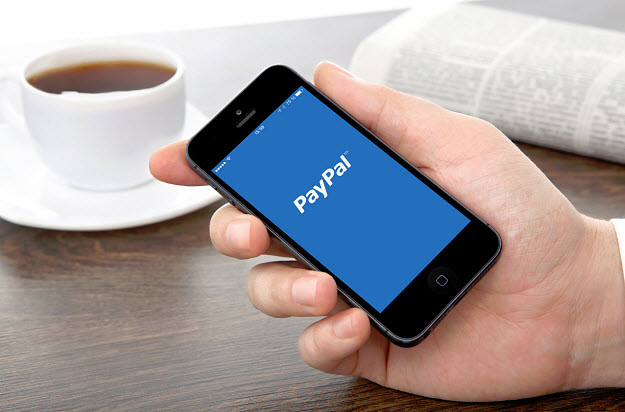Consumers are not completely comfortable with mobile payments yet
Consumers may be somewhat uneasy about making a mobile purchase, according to a recent survey from Baird Equity Research. Though mobile commerce has been gaining more attention, consumers still prefer to use more conventional forms of commerce when making purchases, especially in physical stores. Consumers may still be wary of the security issues that exist in the mobile commerce space, though many people have been growing more comfortable with the concept of making purchases with a mobile device.
Young consumers seem to be the most comfortable with the idea of mobile commerce and shopping online with smartphones
According to the survey from Baird Equity Research, four in 10 consumers in the United States have participated in mobile commerce. Approximately 10% of consumers said that they make an in-store purchase with their smartphones at least once a month. Three in 10 consumers said that they make a mobile payment online once a month or less. Those between the ages of 18 and 24 are the most likely to participate in mobile commerce as they are the demographic most comfortable with mobile technology.
Many people are concerned about security and lack of retail support
 The majority of consumers are not convinced that mobile payments are better than more conventional forms of commerce. Using a credit or debit card or paying with cash is often considered simpler. Cash is also considered a safer way to pay for products by consumers that are not interested in mobile commerce. Some consumers do not participate in mobile commerce because retailers do not support in-store mobile payments, while others are concerned about their financial information being stolen and exploited by malicious groups.
The majority of consumers are not convinced that mobile payments are better than more conventional forms of commerce. Using a credit or debit card or paying with cash is often considered simpler. Cash is also considered a safer way to pay for products by consumers that are not interested in mobile commerce. Some consumers do not participate in mobile commerce because retailers do not support in-store mobile payments, while others are concerned about their financial information being stolen and exploited by malicious groups.
Mobile payments will continue to grow in the future
Mobile payments are expected to gain more momentum in the coming years. New services are being released regularly and these platforms are becoming more secure. Retailers are also showing more support for the mobile space, where they see a great many opportunities to engage consumers that are eager to shop for and purchase products with their mobile devices.

 57 percent of survey participants in most countries said that the biggest frustration when it comes to online shopping is they are worried about theft of payment details. On the other hand, U.S. respondents (46 percent) were less concerned about their payment information being stolen than respondents of other nations. Also, while 29 percent of Americans are hesitant about data sharing on the net, this is a much lower percentage compared to the 59 percent global average.
57 percent of survey participants in most countries said that the biggest frustration when it comes to online shopping is they are worried about theft of payment details. On the other hand, U.S. respondents (46 percent) were less concerned about their payment information being stolen than respondents of other nations. Also, while 29 percent of Americans are hesitant about data sharing on the net, this is a much lower percentage compared to the 59 percent global average.